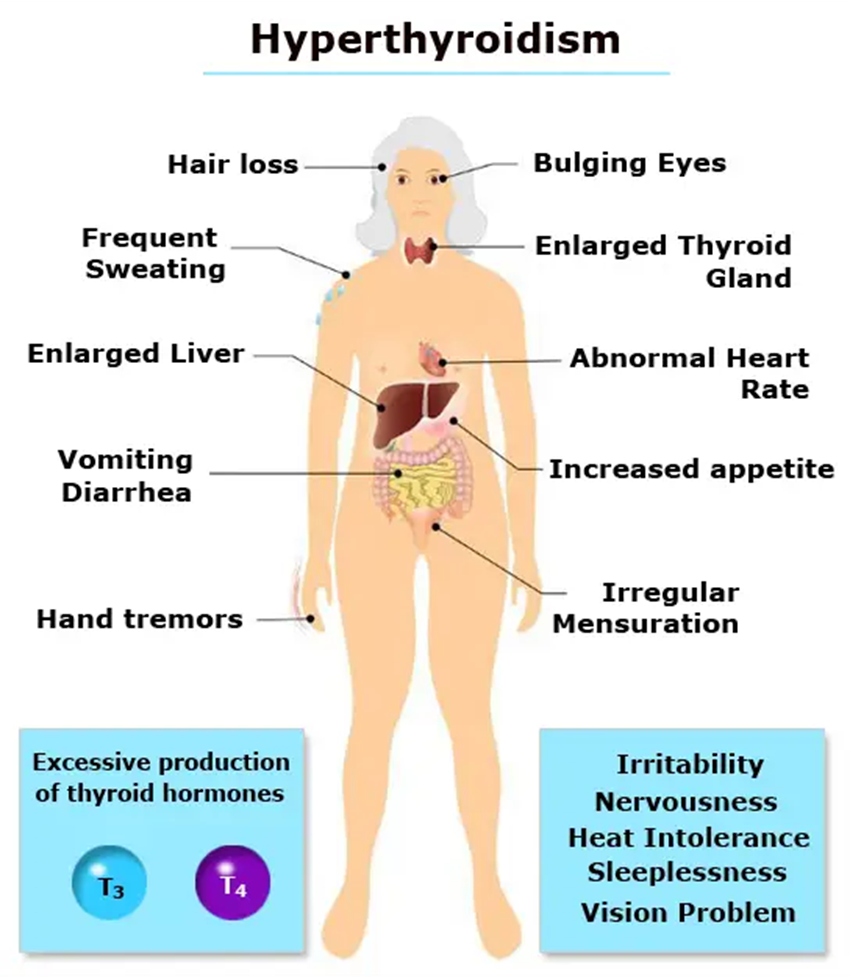A client is being treated on the medical unit for a sickle cell crisis. The nurse's most recent assessment reveals an oral temperature of 100.5°F and a new onset of fine crackles on lung auscultation. What is the nurse's most appropriate action?
Liaise with the respiratory therapist and consider high flow oxygen.
Inform the primary care provider that the patient may have an infection.
Apply supplementary oxygen by nasal cannula.
Administer bronchodilators by nebulizer.
The Correct Answer is B
A. Inform the primary care provider that the patient may have an infection:
Explanation: The presence of an elevated oral temperature and new onset of fine crackles on lung auscultation suggests a potential respiratory infection, which is a significant concern in a patient with sickle cell disease. Notifying the primary care provider allows for further evaluation and appropriate management of the infection.
B. Liaise with the respiratory therapist and consider high-flow oxygen:
Explanation: While oxygenation may be necessary, especially if the patient is experiencing respiratory distress, addressing the potential infection is the priority. Consulting with the respiratory therapist and considering high-flow oxygen can be part of the overall plan based on the primary care provider's recommendations.
C. Apply supplementary oxygen by nasal cannula:
Explanation: Providing oxygen support may be necessary, but it should be done in consultation with the primary care provider, who can guide the appropriate level of oxygen therapy based on the patient's condition.
D. Administer bronchodilators by nebulizer:
Explanation: Bronchodilators are typically used for conditions like asthma or COPD, and their use might not be the primary intervention in the context of a sickle cell crisis with signs of a potential respiratory infection. Addressing the infection takes precedence, and the primary care provider's input is essential in determining the appropriate course of action.
Nursing Test Bank
Naxlex Comprehensive Predictor Exams
Related Questions
Correct Answer is A
Explanation
A. Frequent mood changes:
This is correct. Hyperthyroidism is associated with increased levels of thyroid hormones, which can affect the nervous system and lead to mood changes, including irritability and anxiety.
B. Weight gain of 11 lbs in 3 weeks:
Weight loss is more characteristic of hyperthyroidism due to increased metabolism. Rapid weight gain is not typical.
C. Sensitivity to cold:
Sensitivity to cold is more characteristic of hypothyroidism, where there is a deficiency of thyroid hormones.
D. Constipation:
Constipation is more commonly associated with hypothyroidism, where there is a slowing of the digestive system.

Correct Answer is D
Explanation
A. Respiratory acidosis:
This occurs when there is inadequate ventilation, leading to an accumulation of carbon dioxide (CO2) in the blood. In the context of a nasogastric tube attached to low suction, respiratory acidosis is not the primary concern. It is more associated with conditions like respiratory depression or lung diseases.
B. Metabolic acidosis:
Metabolic acidosis results from an excess of acid or a loss of bicarbonate. It is not the typical outcome of a nasogastric tube attached to low suction. Conditions like diarrhea or renal failure are more commonly associated with metabolic acidosis.
C. Respiratory alkalosis:
Respiratory alkalosis occurs when there is excessive loss of carbon dioxide from the body, often due to hyperventilation. This is not a typical consequence of a nasogastric tube attached to low suction.
D. Metabolic alkalosis:
Metabolic alkalosis is characterized by an excess of bicarbonate or a loss of acid. In the given context, with the nasogastric tube attached to low suction, there is a potential loss of gastric acid, contributing to metabolic alkalosis.
Whether you are a student looking to ace your exams or a practicing nurse seeking to enhance your expertise , our nursing education contents will empower you with the confidence and competence to make a difference in the lives of patients and become a respected leader in the healthcare field.
Visit Naxlex, invest in your future and unlock endless possibilities with our unparalleled nursing education contents today
Report Wrong Answer on the Current Question
Do you disagree with the answer? If yes, what is your expected answer? Explain.
Kindly be descriptive with the issue you are facing.
